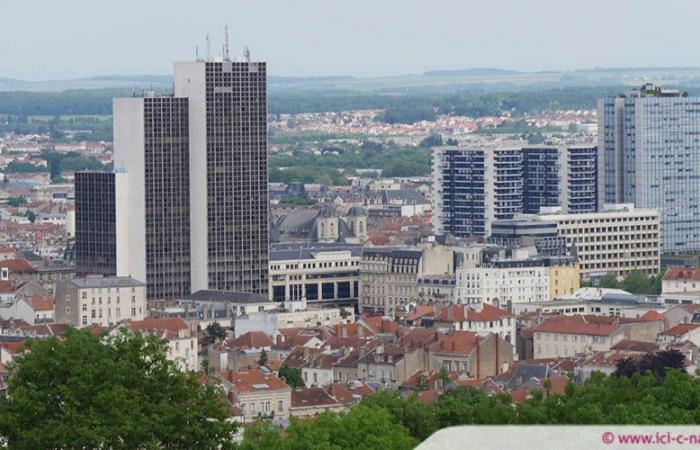
After having recorded the principle of its experiment last November, the Departmental Council of Meurthe-et-Moselle is preparing to implement the 1is October 2024 a « Young people’s emancipation income.” An innovative tool for young people in vulnerable situations.
After having recorded the principle of its experiment last November, the Departmental Council of Meurthe-et-Moselle will implement a Youth Empowerment Income from October 1, 2024. The regulations for this 3-year experiment were adopted during a public session on September 25.
This new aid is intended for young people aged 16 to 25 in fragile situations (with no or few resources, family breakdown, etc.). The income will be €500 per month for a maximum of twelve months, continuous or discontinuous, explains the Departmental Council of Meurthe-et-Moselle.
“In a difficult budgetary situation, we are choosing to make strong decisions. The Youth Empowerment Income is a political choice that we accept because it confirms youth as our priority » declared Chaynesse Khirouni at the opening of the public session of the Department of Meurthe-et-Moselle.
Lionel Adam, departmental advisor in charge of the file, explains the philosophy of this three-year experiment: “ This youth emancipation income is intended to act as a “springboard” to leverage within the framework of a progressive emancipatory approach. Youth is not just a word. It covers a wide diversity of situations, linked to the history of each individual, it’s true! But also to the organization of solidarity in France. » And to add: “ What can we say about the way young people are viewed? No one can deny the gap between civil citizenship, political citizenship and social citizenship. Between 16 and 25 years of age there are 9 years of uncertainty, which for some, follow one another. If work is absent, if at the same time, the family disappears, what is left for young people? ».
Emancipation and confidence are at the heart of this experiment which aims to enable young people to project themselves “without locking them up, through flexible and adapted support”, supports the President.
In Meurthe-et-Moselle, the poverty rate for young people under 30 is more than 26%. 2,000 young Murthe-et-Mosellans are neither in employment, nor in studies, nor in training. Access to housing, training, culture, health, training and employment is complicated for many of them.
Emancipation income instructions for use
This system is based on two pillars, namely monthly financial assistance and “flexible, adapted and co-constructed” support, underlines the Meurthe-et-Moselle Departmental Council. Financial assistance of €500 per month will be offered for a maximum of one year, interstitial to take into account the ups and downs of life. The support will be progressive and will be structured around two complementary semesters. The first will allow you to meet young people, create bonds of trust, analyze needs, define a project and actions.
A first assessment will be carried out during the first quarter to assess and make any adjustments. A second semester can then begin, that of impulse, of movement. Financial assistance will then be maintained if concrete mobilization of the young person is noted and if they have taken ownership of their project.
The intervention regulation voted by the departmental assembly specifies the framework and organization of the youth emancipation income. It contains 7 articles and specifies financial aid, the public to which it is aimed, support, the allocation circuit, the possibilities of suspension or exit, appeals and the processing of personal data.
This income is also “ a reciprocal commitment, materialized by a charter signed between the Department and the young person », adds CD54. The Department undertakes to listen and provide support for the steps taken. The young person undertakes to respect the values of the republic and its symbols.
For governance, two bodies were created. First the steering committee, made up of 5 elected officials and open to contributions from qualified personalities. It will meet once a year to monitor the evaluation of the system and propose possible adaptations. But also, the youth emancipation commission. It will meet once a month and will be made up of the president, 5 elected officials, 2 representatives of the administration (central/territory), 1 partner representative and ultimately, 1 youth representative. This commission will issue an opinion on renewal requests, suspensions, exits at the initiative of the CD, voluntary appeals, will analyze the sustainability of the eligibility criteria to avoid fraud, adds Departmental Council 54.





